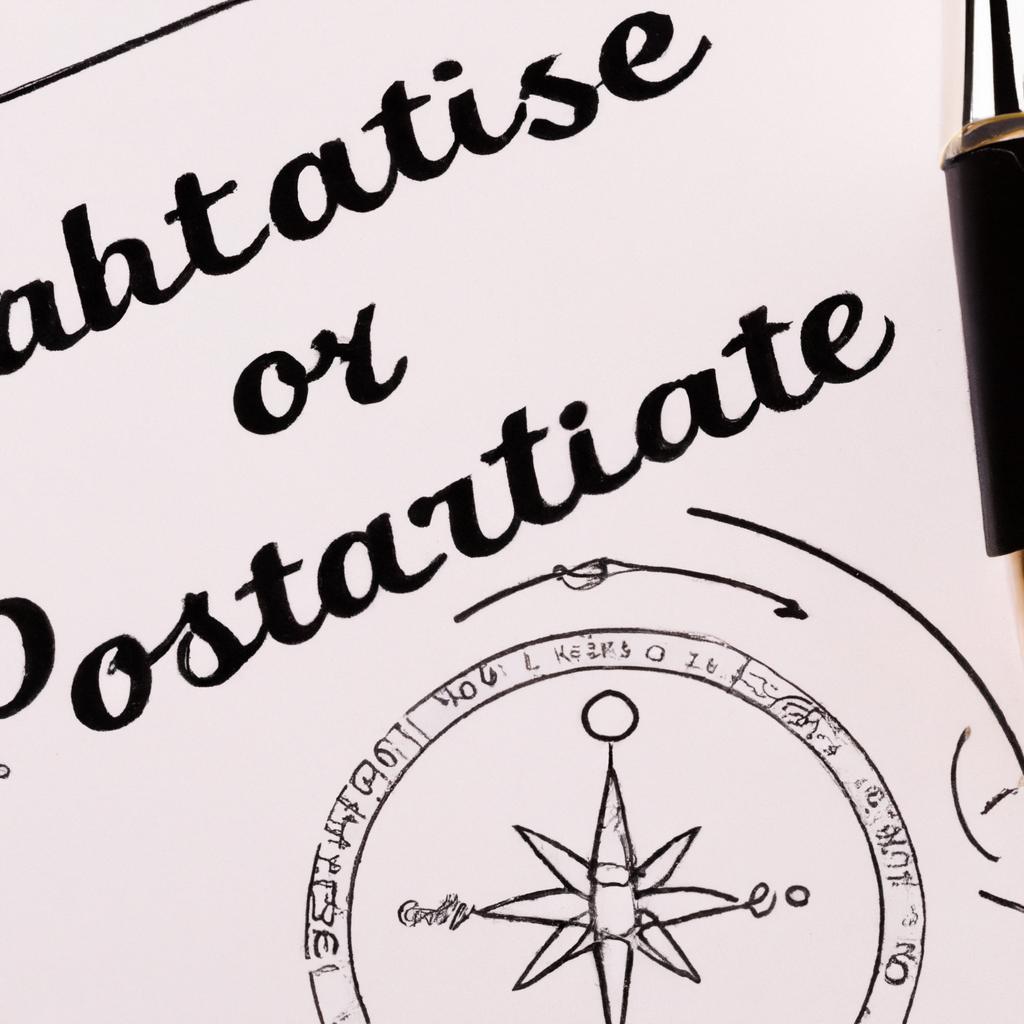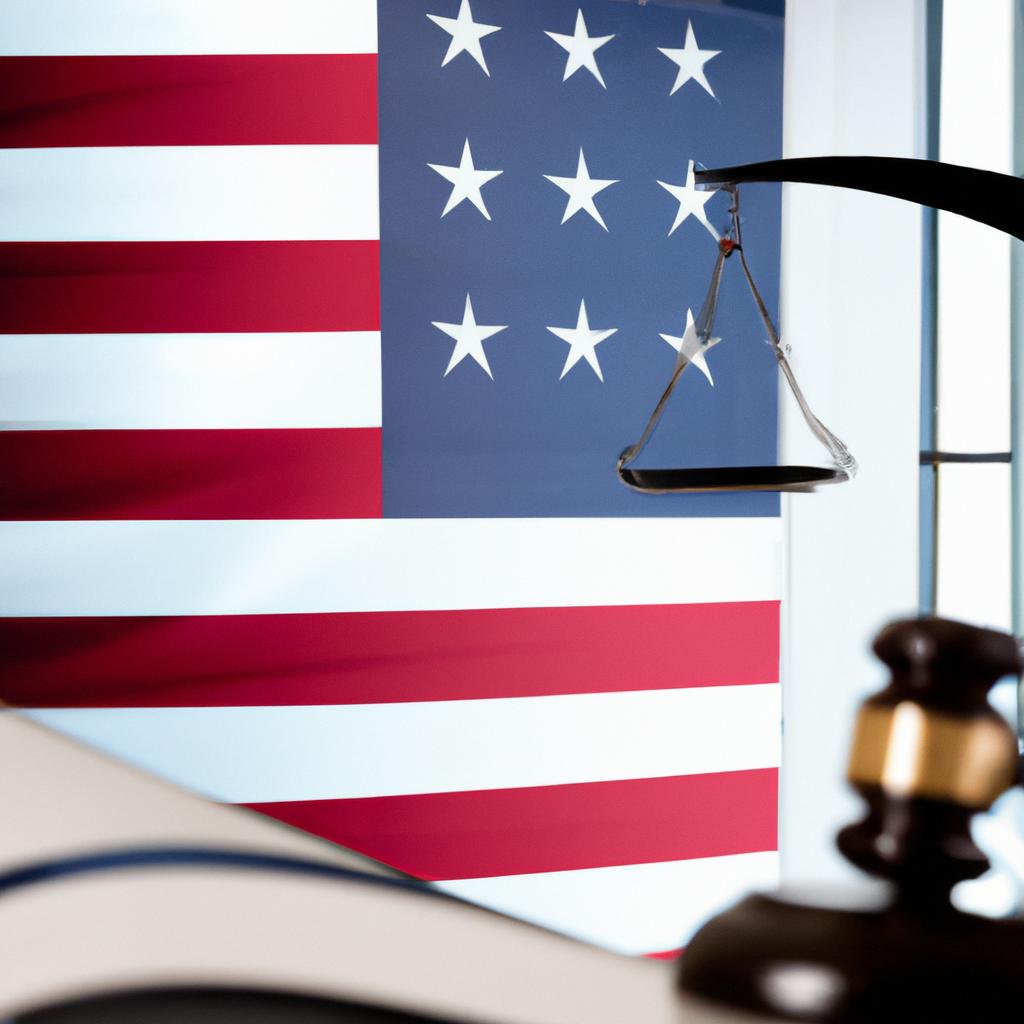In the intricate landscape of estate administration, the roles of personal representatives and executors play crucial yet distinct roles in ensuring the smooth transfer of assets and the fulfillment of last wishes. As experienced practitioners in the field of estate planning and probate at Morgan Legal Group in the vibrant city of New York, we understand the nuances and complexities of these key positions. In this article, we will dissect the roles of personal representatives and executors, shedding light on their responsibilities, powers, and how they navigate the often intricate legal landscape of estate administration.
Key Differences Between a Personal Representative and an Executor in Estate Planning
When it comes to estate planning, understanding the key differences between a personal representative and an executor is crucial. While both play important roles in carrying out the wishes of the deceased, there are distinct responsibilities and powers that differentiate the two.
- Personal Representative:
- Appointed by the court if there is no will
- Can be an individual or a financial institution
- Responsible for managing and distributing assets
- Executor:
- Named in the will
- Must follow the instructions outlined in the will
- Has the authority to make decisions on behalf of the estate

Understanding the Role and Responsibilities of a Personal Representative
When it comes to estate matters, it is crucial to understand the distinction between a personal representative and an executor. Both roles involve overseeing the distribution of assets and settling the affairs of a deceased individual, but there are key differences to consider. A personal representative is typically appointed by the court to administer the estate of someone who has passed away without a will. On the other hand, an executor is named in the will and is responsible for carrying out the deceased’s wishes.
One of the primary responsibilities of a personal representative is to identify and inventory the deceased individual’s assets. This includes real estate, bank accounts, investments, and personal belongings. The personal representative must also pay off any debts and taxes owed by the estate before distributing assets to beneficiaries. In contrast, an executor is tasked with following the instructions outlined in the will, which may involve distributing specific assets to designated individuals or organizations. Regardless of the title, both roles require careful attention to detail and a thorough understanding of estate laws.

Navigating the Probate Process: Choosing the Right Representative for Your Estate
When it comes to navigating the probate process and choosing the right representative for your estate, it’s important to understand the difference between a personal representative and an executor. While these roles may seem similar, there are key distinctions that can impact the administration of your estate.
Personal Representative: A personal representative is typically appointed by the court to handle the administration of an estate when the deceased did not have a will. This individual is responsible for distributing assets, paying debts, and resolving any disputes among heirs. The personal representative must act in the best interests of the estate and follow state laws and regulations.

Expert Recommendations for Selecting a Competent Executor or Personal Representative
When it comes to selecting a competent executor or personal representative for your estate, it is essential to follow expert recommendations to ensure that your final wishes are carried out effectively. The role of an executor or personal representative is crucial in the administration of your estate, as they are responsible for managing and distributing your assets according to your Will. Here are some key factors to consider when choosing the right individual for this important role:
Qualifications:
- Legal knowledge and experience in estate planning and probate
- Good organizational and communication skills
- Trustworthiness and integrity
Availability:
- Availability to fulfill the duties of an executor or personal representative
- Willingness to commit time and effort to the administration of your estate
- Ability to handle potential conflicts or disputes among beneficiaries
Q&A
Q: What is the difference between a personal representative and an executor?
A: A personal representative and an executor both play a crucial role in the distribution of an individual’s assets after their passing, but they have different titles and responsibilities.
Q: What is a personal representative?
A: A personal representative is a term used in some states to refer to the individual appointed by the probate court to manage a deceased person’s estate. They are responsible for ensuring that the deceased person’s debts are paid and that their assets are distributed according to their will or state law.
Q: What is an executor?
A: An executor is a term commonly used in other states to refer to the individual appointed to carry out the directives of a deceased person’s will. They are responsible for gathering the deceased person’s assets, paying their debts, and distributing their assets to the beneficiaries named in the will.
Q: Can one person be both a personal representative and an executor?
A: Yes, it is possible for one person to serve as both a personal representative and an executor, depending on the terminology used in the state in which the estate is being administered.
Q: What qualifications are required to be a personal representative or executor?
A: The qualifications to serve as a personal representative or executor vary by state, but most states require that the individual be of legal age, competent, and free of any conflicts of interest.
Q: What happens if someone dies without naming a personal representative or executor?
A: If someone dies without naming a personal representative or executor in their will, the probate court will appoint someone to fulfill that role. This individual is typically a close family member or friend of the deceased.
Final Thoughts
In conclusion, understanding the differences between a personal representative and an executor can help clarify the roles and responsibilities in managing an estate. Whether you’re appointed as a personal representative or an executor, both play crucial roles in ensuring the wishes of the deceased are carried out smoothly. By being informed and prepared, you can navigate the complexities of estate administration with confidence and clarity. Remember, no matter which title you hold, serving as a steward of someone’s estate is a significant responsibility that should be approached with care and diligence. Thank you for reading and may you approach your role as a personal representative or executor with grace and understanding.
 The loss of a loved one is a difficult and emotional time, and unfortunately, it often comes with the added responsibility of handling their affairs. In the legal world, this involves designating a personal representative or executor to manage the deceased individual’s estate and carry out their final wishes. These terms are often used interchangeably, but there are key differences between a personal representative and an executor. In this article, we will explore the roles and responsibilities of both and help you understand which one may be necessary for your situation.
The loss of a loved one is a difficult and emotional time, and unfortunately, it often comes with the added responsibility of handling their affairs. In the legal world, this involves designating a personal representative or executor to manage the deceased individual’s estate and carry out their final wishes. These terms are often used interchangeably, but there are key differences between a personal representative and an executor. In this article, we will explore the roles and responsibilities of both and help you understand which one may be necessary for your situation.
What is a Personal Representative?
A personal representative, also known as an administrator or executor, is a person appointed by the court to manage the estate of a deceased individual. This typically occurs when the deceased did not have a will, or their will did not name an executor. The personal representative will be responsible for collecting and distributing assets, paying debts and taxes, and carrying out the wishes of the deceased.
What is an Executor?
An executor is a person specifically named in a will to carry out the instructions laid out by the deceased. This individual is often a family member, close friend, or trusted advisor. An executor has the same responsibilities as a personal representative, but they are chosen by the deceased rather than appointed by the court.
Duties and Responsibilities
The duties and responsibilities of both a personal representative and an executor are similar and can vary depending on the complexity of the estate. Some of the common tasks they may be responsible for include:
• Identifying and gathering assets: This includes everything from real estate and investments to personal belongings and bank accounts.
• Notifying creditors and paying debts: It is the responsibility of the personal representative or executor to notify creditors of the death and pay any outstanding debts using the assets of the estate.
• Distributing assets to beneficiaries: Once all debts and taxes have been paid, the remaining assets will be distributed to the beneficiaries named in the will or determined by state laws in the absence of a will.
• Filing taxes: The personal representative or executor must file the final tax return for the deceased and, if necessary, estate taxes.
• Managing and maintaining the estate: This includes ensuring that any properties or businesses owned by the deceased are managed until they can be properly transferred or sold.
Personal Representative vs. Executor
The main difference between a personal representative and an executor is how they are chosen. A personal representative is appointed by the court, while an executor is chosen by the deceased. This means that the personal representative must follow the state’s laws and procedures for handling an estate, while an executor may have more flexibility in carrying out the deceased’s wishes.
Another difference is when their role begins. A personal representative is appointed after the death of the individual, while an executor is already named in the will and can begin their duties immediately upon the death of the testator.
Choosing the Right Option
Both a personal representative and an executor should have good organizational skills, attention to detail, and the ability to navigate legal and financial matters. If you have a loved one who has passed and did not have a will, it is likely that a personal representative will need to be appointed by the court. However, if there is a will, it is essential to choose an executor you trust and who will fulfill your final wishes accurately.
Benefits and Practical Tips
• Having a personal representative or executor can provide peace of mind that your estate will be handled properly and your wishes will be carried out after your passing.
• To make the process smoother, ensure that your personal representative or executor has access to all important documents, including your will, insurance policies, and financial accounts.
• When choosing an executor, consider someone who is organized, trustworthy, and capable of managing financial matters.
Firsthand Experience
“I was appointed as the personal representative for my grandmother’s estate. It was a complex and emotional process, but I was able to successfully distribute her assets and carry out her final wishes with the help of a trusted attorney.” – Sarah M., Personal Representative
Conclusion
In summary, the roles of personal representative and executor are similar but differ in how they are chosen and when their duties begin. Both are crucial in managing an estate after a person’s death and ensuring that their final wishes are fulfilled. It is important to carefully select the right person to fulfill these roles and have a plan in place to make the process as smooth as possible.

